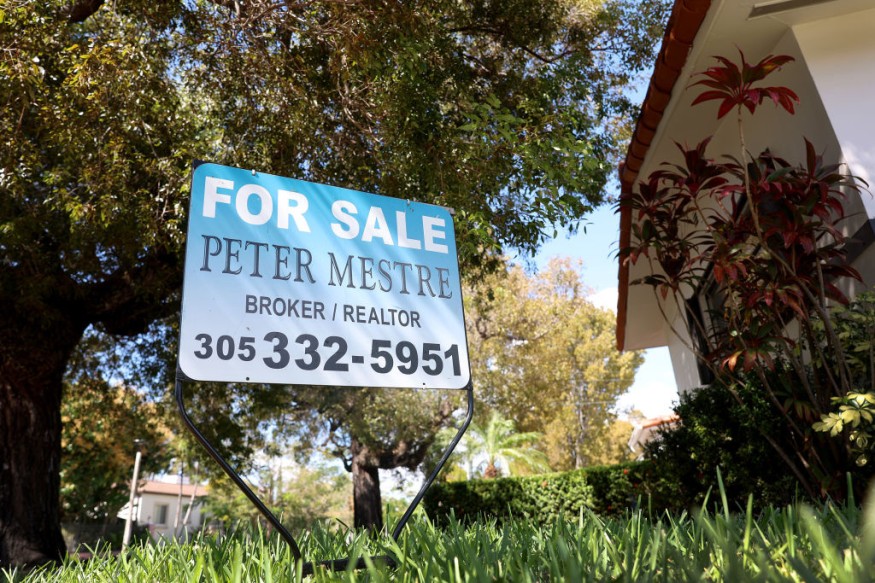
Home prices are soaring across the United States despite elevated mortgage rates, leading to concerns of a potential housing bubble.
As of March 2024, the median sale price of a home in the U.S. was $420,401, according to data from Redfin. That marks a 4.8% increase year-over-year. This comes despite mortgage rates remaining elevated. In the week ending May 9, the rate for the 30-year mortgage was 7.09%, while the rate for the 15-year mortgage was 6.38%, per Freddie Mac.
Furthermore, the portion of mortgaged homes considered "seriously underwater" rose nationwide from 1-in-38 during the fourth quarter of 2023 to 1-in-37 in the first quarter of 2024, real estate data firm ATTOM noted in its recent report.
These trends are sparking concerns of potentially another bubble in the housing market. But experts who spoke to ABC News said it is unlikely.
"I don't see a dramatic crash," Ken Johnson, a real estate economist at Florida Atlantic University, said. "On a scale of one to ten, with the last bubble being a nine, this is a two or three."
"The price increases have been quite remarkable but there aren't abnormal factors driving them. It's simply supply and demand -- the normal reason," Lawrence Yun, chief economist at the National Association of Realtors, said.
What Is Causing Supply Shortage in the Housing Market?
There are numerous reasons that led to the housing market's lack of inventory. Rising materials cost, supply chain issues, and labor shortages stemming from the COVID-19 pandemic. However, inventory shortages began even before the pandemic, with the U.S. failing to keep up with the housing demand as the population increased.
What further exacerbates the shortage are institutional investors, who buy up homes to flip or rent out for profit. As of 2022, institutional investors owned 3% of all single-family rentals nationwide. They also owned a larger number in markets where homes were more affordable, per the Urban Institute. In June 2023, Wall Street also bought 26% of all single-family homes that were sold, data from CoreLogic showed.
To address this, Democratic lawmakers in the House and Senate are mulling banning Wall Street investors from purchasing single-family homes and requiring them to sell all single-family homes they own over the next 10 years.
© 2025 Realty Today All rights reserved. Do not reproduce without permission.



